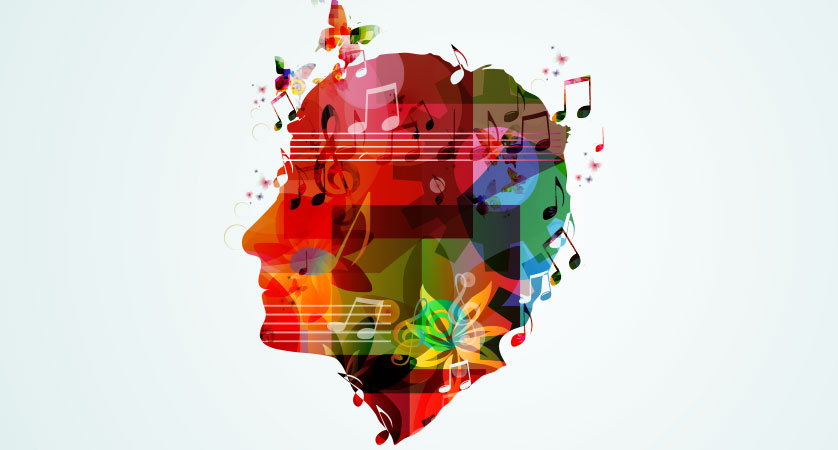Music and character
So, in past articles, we are talking about how loud, quiet, cheerful and calm music affects a person. Is it possible to know the character of a person by his musical preferences? The answer to this question was found out by the scientists of Heriot-Watt University.
Thirty-six and a half thousand people from different countries of the world took part in the experiment. Based on personal taste, they had to rank 104 musical genres. After that, the participants were divided into pairs and offered to determine the character of their partner according to the 10 most frequently listened to them works.

The presence of five specific character traits was analyzed:
- conscientiousness
- courtesy,
- balance,
- extraversion,
- openness to new experiences.
- results
The conclusions of the scientists are as follows:
- Blues love creative, polite, sociable, but arrogant people.
- Vocal lessons in jazz singing will be preferred by people who are creative and friendly, but who have an overestimated self-esteem.
- Classical music appeals to introverts with a high sense of dignity and extraordinary creativity.
- Rap love nature sociable and selfish.
- Opera fans are polite, open, with creative inclinations. Almost every vocal teacher possesses such qualities.
- Country and Western is liked by very hardworking people who can easily find a common language with other people.
- Reggae is a genre of creative, sociable people with high self-esteem, for whom diligence is completely unusual.
- Dance music is adored by highly creative extroverts. But they are generally not distinguished by good manners.
- Indian fans are people with low self-esteem, lazy and in most cases ill-mannered.
- Bollywood music (from Indian films) is loved by friendly and helpful people.
- Heavy music (hadcore, heavy metal) is preferred by people with low self-esteem and a huge creative potential.
- It is interesting that when listening to music of different styles, different parts of the brain are activated in people, which are
- responsible for those feelings and emotions that are characteristic of people with the listed types of characters.
So the Muza vocal school is an ideal place for the manifestation of abilities and communication with like-minded people for people who are creative, open, sociable, open to new experience.

The healing power of music on the example of people who have had a stroke
From past articles posted on the Muse vocal school website, we learned how different music affects our brain, body, and character traits. From everything written, we can confidently conclude: the influence of music on our body is huge! And can she help us cope with ailments?
American scientists took up this issue. And since in this series of articles our vocal school is trying to figure out the effect of music on the brain, we will study the data on the ability of classical music to help people with impaired brain activity – victims of a stroke.

Experiment
The results of the study described below were published on the information portal of the American Occupational Therapy Association.
The experiment involved sixteen patients who suffered a stroke of the right hemisphere of the brain. The influence on the ability to focus attention and activate visual perception of such external factors as:
- White noise,
- classical music,
- complete silence.
The results were recorded using a special visual analogue scale (VAS), which is usually used to determine the degree of pain intensity.
Initially, it was expected that the ability to visualize and concentrate would be greater when the participants were in silence. But it turned out that the best results were obtained with the sound of classical music. Musical works activated the work of brain regions responsible for visual memory and concentration.
Conclusion
Classical music has rehabilitative properties.
That is why vocal lessons are recommended for children and adults with impaired concentration, memory, and speech.
